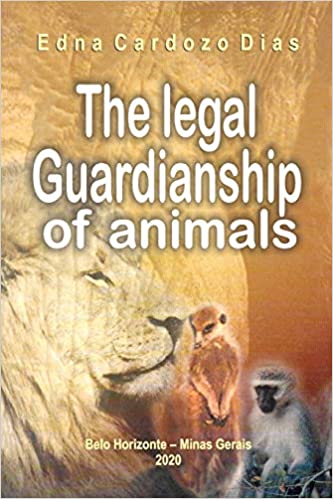Results
| Title | Citation | Alternate Citation | Agency Citation | Summary | Type |
|---|---|---|---|---|---|
| Oregon Natural Desert Ass'n v. Kimbell | Slip Copy, 2008 WL 4186913 (D.Or.) |
After filing a complaint challenging certain decisions by the United States Forest Service and the National Marine Fisheries Service authorizing livestock grazing within a national forest, Plaintiffs filed a Motion for Temporary Restraining Order and/or Preliminary Injunction seeking an order prohibiting the authorization of livestock grazing on certain public lands until Plaintiffs’ claims could be heard on the merits. The United States District Court, D. Oregon granted Plaintiffs’ motion, finding that Plaintiffs are likely to succeed on the merits of at least one of its claims, and that Plaintiffs made a sufficient showing that irreparable harm would likely occur if the relief sought is not granted. |
Case | ||
| United States v. Bowman | 43 S.Ct. 39 (1922) | 260 U.S. 94 (1922) |
This case involves a conspiracy charge to defraud a corporation in which the United States was a stockholder. The Fifth Circuit Court of Appeals in United States v. Mitchell referred to this Supreme Court case when it found that the nature of the MMPA does not compel its application to foreign territories. |
Case | |
| US - Eagles - Policy Concerning Distribution of Eagle Feathers for Native American Religious | 1994 WL 163120 (Pres.Memorandum) | Executive Order/Memorandum (1994) |
This executive order affirms the executive's commitment to expediting the permit process through which Native Americans receive eagle feathers and parts for religious ceremonial service. It specifically affirms the trust relationship between the government and tribal nations. |
Administrative | |
| The Legal Guardianship of Animals |
|
Policy | |||
| Additional Protocol to the European Convention for the Protection of Animals During International Transport | Amendments to the European Convention for the Protection of Animals During International Transport. The amendments are mainly procedural rather than substantive. | Treaty | |||
| AL - Public Nuisances - Chapter 10. Nuisances Menacing Public Health | Ala. Code 1975 § 22-10-1 to 3 | AL ST § 22-10-1 to 3 | This set of laws lists various animal-related actions and conditions that are considered nuisances per se because of their significant public health risks. In addition, it addresses the methods by which such nuisances may be abated, up to and including the destruction of property without compensation. | Statute | |
| Animal Law Review Vol 12 Table of Contents |
|
Policy | |||
| Baugh v. Beatty | 205 P.2d 671 (Cal.App.2.Dist.) | 91 Cal.App.2d 786 (Cal.App.2.Dist.) |
This California case is a personal injury action by Dennis Ray Baugh, a minor, by John R. Baugh, his guardian ad litem, against Clyde Beatty and others, resulting from injuries suffered by the 4-year old child after he was bitten by a chimpanzee in a circus animal tent. The court found that the instructions given were prejudicial where the jurors were told that the patron could not recover if the patron's conduct caused injury or if the conduct of the father in charge of patron caused injury; instead, the sole question for jury should have been whether patron knowingly and voluntarily invited injury because the animal was of the class of animals ferae naturae, of known savage and vicious nature. |
Case | |
| Max Planck Institute for Comparative Public Law and International Law |
Biodiversity, Species Protection, and Animal Welfare Under International Law, Guillaume Futhazar, MPIL Research Paper Series No. 2018-22 (2018). |
Policy | |||
| Dutka v. Cassady | 2012 WL 3641635 (Not Reported in A.3d) | 2012 Conn. Super. LEXIS 1901 | A rescue organization had adopted out a dog. The new owners were walking the dog unleashed when it attacked another dog. The plaintiff's filed a complaint of common law negligence and recklessness, which alleged that the rescue organization should have known and should have warned them of the dangerous tendencies of the specific dog but failed to do so. Connecticut law imposed strict liability on an owner or keeper of such an animal, and the statute had not been expanded to include the seller or transferor. The issue then was whether the court should expand the scope of such a negligence claim and create a duty of care owed by transferors or sellers of dogs with known and/or unknown propensities for aggression. The court found that there was no support for expanding liability in common law negligence when the organization in this case did not own, possess, harbor or control the dog. The court declines to impose a duty on the rescue agency to inform adoptive families. | Case |
